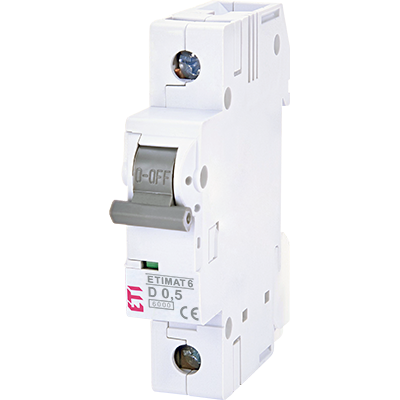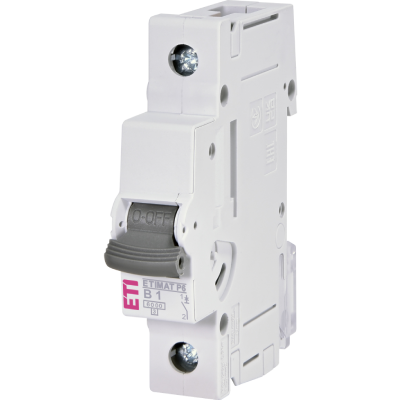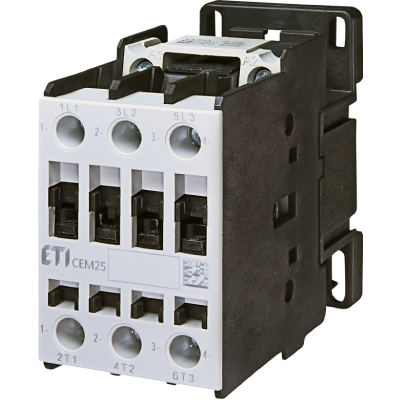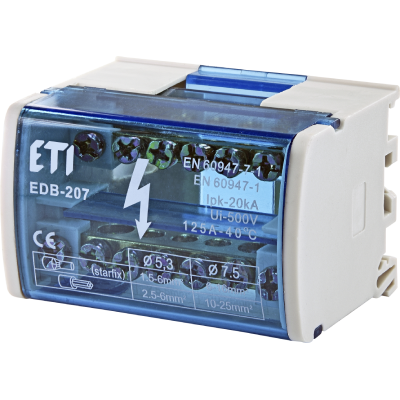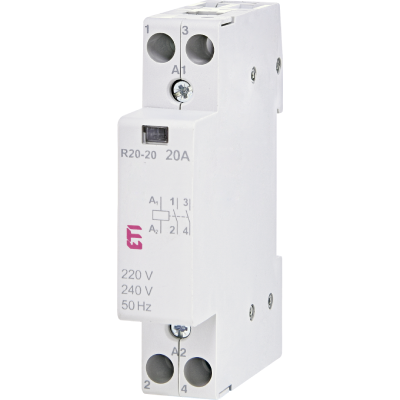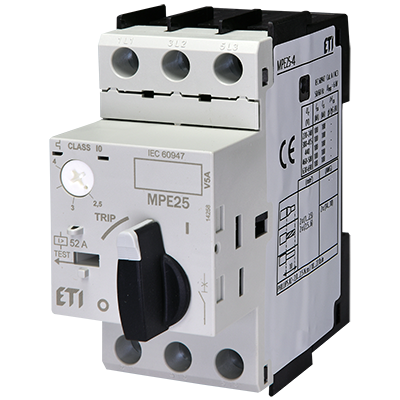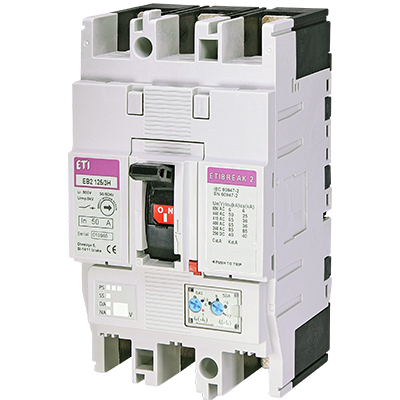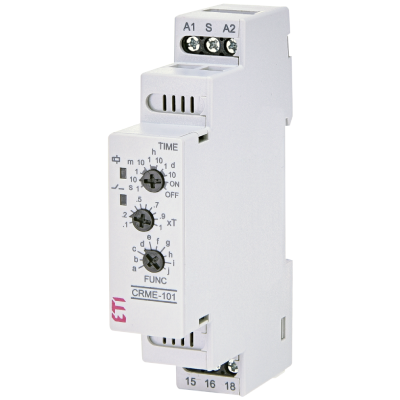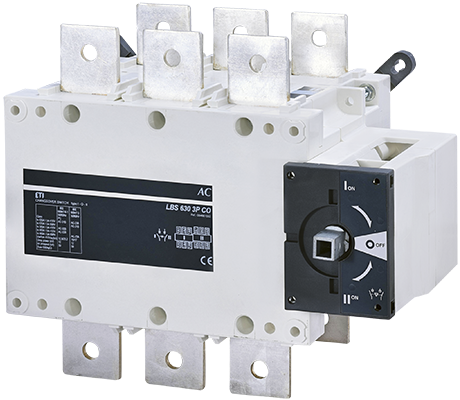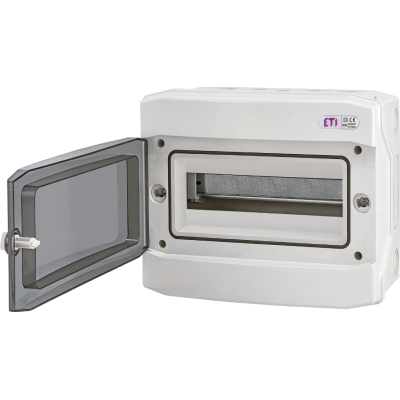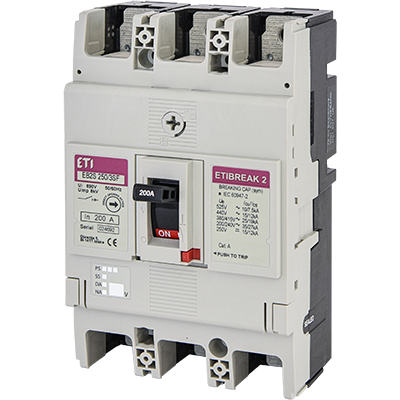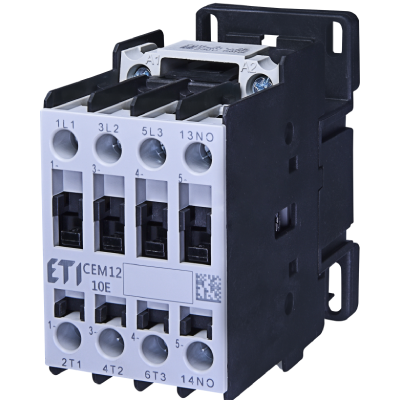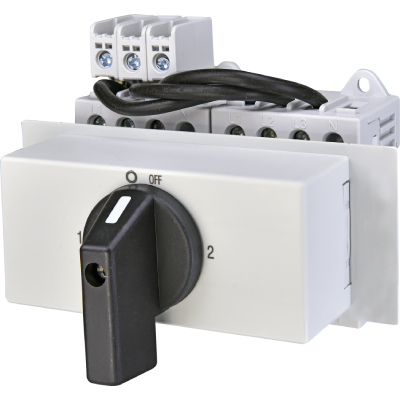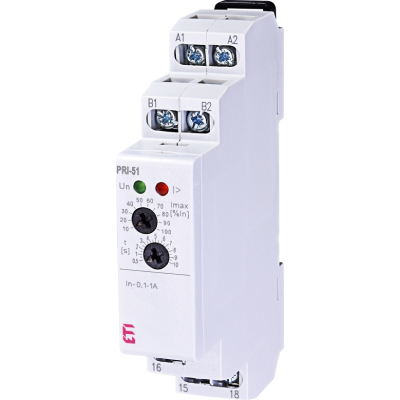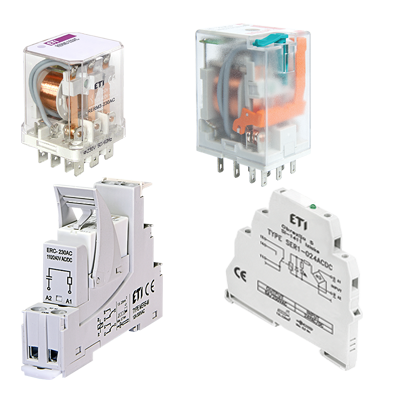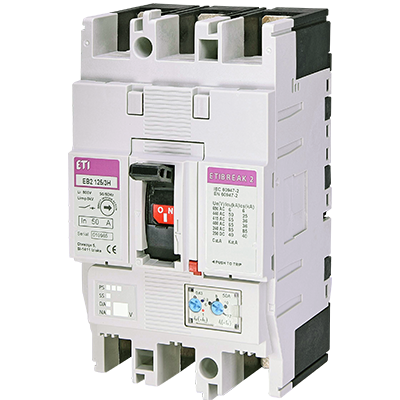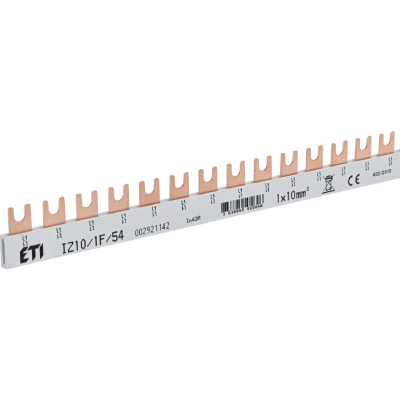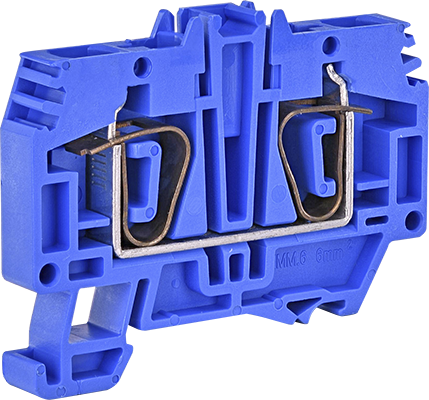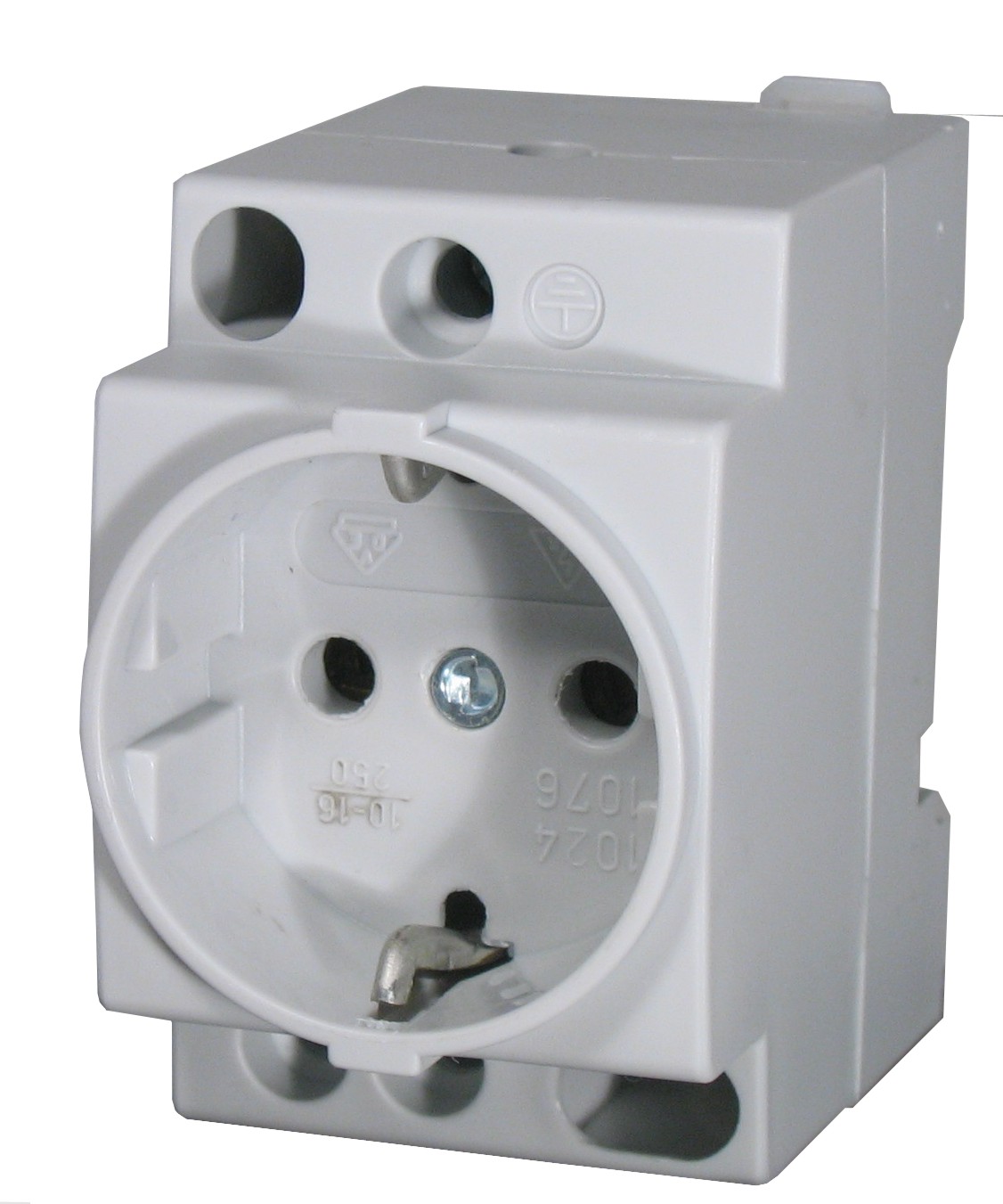Life Cycle Assessment (LCA): A Key to Sustainable Product Development
Life Cycle Assessment, or LCA, is a scientific methodology used to evaluate the environmental impact of a product, process, or service throughout its entire life cycle. By conducting an LCA, businesses gain vital insights into how their operations affect the environment—from greenhouse gas emissions and ozone layer depletion to energy and material consumption.
Get the essentials of Life Cycle Assessment in minutes – just press play.

An LCA can focus on different stages of a product’s life, including the production phase, the use phase, or its entire life span. A full life cycle assessment takes into account everything from raw material extraction to end-of-life disposal or recycling. This holistic approach allows companies to make informed decisions that reduce the environmental footprint of their products, services, or processes.
Already during the design phase, companies can use LCA insights to choose materials and technologies that are more environmentally sustainable.
Why Conduct an LCA?
The primary purpose of an LCA is to provide scientifically backed guidance to companies that want to design and adapt their products in line with the principles of sustainable development, such as:
Supporting a circular economy, including recycling and reusing raw materials
Reducing energy, water, and raw material consumption while preserving natural resources
Ensuring a healthier environment by minimising emissions in production and lowering greenhouse gas output

What Does a Life Cycle Assessment Involve?
An LCA evaluates the environmental impact of the production process across the following stages:
Input materials: raw materials and their transport
Manufacturing: energy, water, and material usage during production
End-of-life: environmental effects related to product disposal, recycling, or degradation

Types of Life Cycle Assessment
An LCA can be tailored to different phases of a product’s life:
Cradle to gate: covering everything from raw material extraction to the moment the product leaves the factory
Cradle to grave: evaluating the full life cycle from raw materials to disposal
A full life cycle assessment is especially valuable for companies aiming to:
Ensure their products have minimal environmental impact during use (e.g., low electricity consumption)
Design products for responsible disposal or recycling, so they do not cause harm at the end of their life

How Can LCA Benefit Your Business?
Here’s how conducting an LCA can give your company a competitive edge:
✔️ Eco-design
With an LCA, you can professionally assess the real environmental impact of your product. Sometimes, what seems like the most “eco-friendly” option may not be so when looked at in detail.
✔️ Cost reduction
An LCA can uncover weak spots in your production process. By optimising these, you can cut energy use, streamline material consumption, and lower production costs.
✔️ Environmental certification
LCA is often a requirement for obtaining environmental product declarations (EPDs) and other sustainability certifications.
✔️ Honest marketing
By backing up your environmental claims with real data, an LCA helps you avoid greenwashing. Instead, you can confidently communicate your product’s true environmental performance to customers and stakeholders.

Conclusion
Life Cycle Assessment is more than just a technical report—it's a strategic tool for shaping sustainable products and processes. Whether you're aiming for cost savings, improved eco-design, or transparent marketing, LCA provides the insights you need to make environmentally responsible choices from the ground up.




